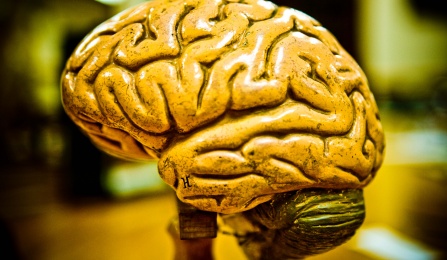Amylin-mediated control of energy balance in the mesolimbic reward system

This study will use multiple levels of analysis to determine mechanisms by which amylin, a pancreatic-and-brain-derived peptide, acts in the mesolimbic reward system of the brain to reduce body weight and decrease food intake.
Principal Investigator: Elizabeth G. Mietlicki-Baase, PhD
Funding Agency: National Institute of Health (NIH)/National Institute of Diabetes and Digestive and Kidney Diseases (NIDDK)
Abstract: The overconsumption of highly palatable, energy-dense foods is an important factor in the development of obesity. However, a more complete understanding of how neurohormonal signals act in the brain to control energy balance and food reward is required. Our research uses multiple levels of analysis to determine mechanisms by which amylin, a pancreatic- and brain-derived peptide, acts in the mesolimbic reward system of the brain to reduce body weight and decrease food intake. Specifically, we are interested in identifying the intracellular signaling pathways and neuroanatomical circuitry engaged by amylin receptor activation in the ventral tegmental area, a key nucleus that mediates reward-related processes and motivated behavior. We are also investigating the effects of mesolimbic amylin receptor signaling on intake of isolated palatable macronutrients (e.g., fat and carbohydrate).



